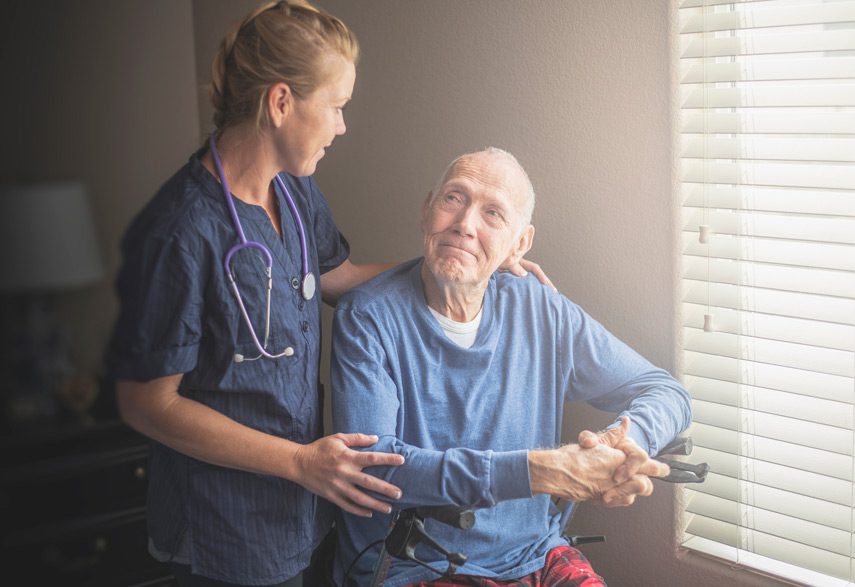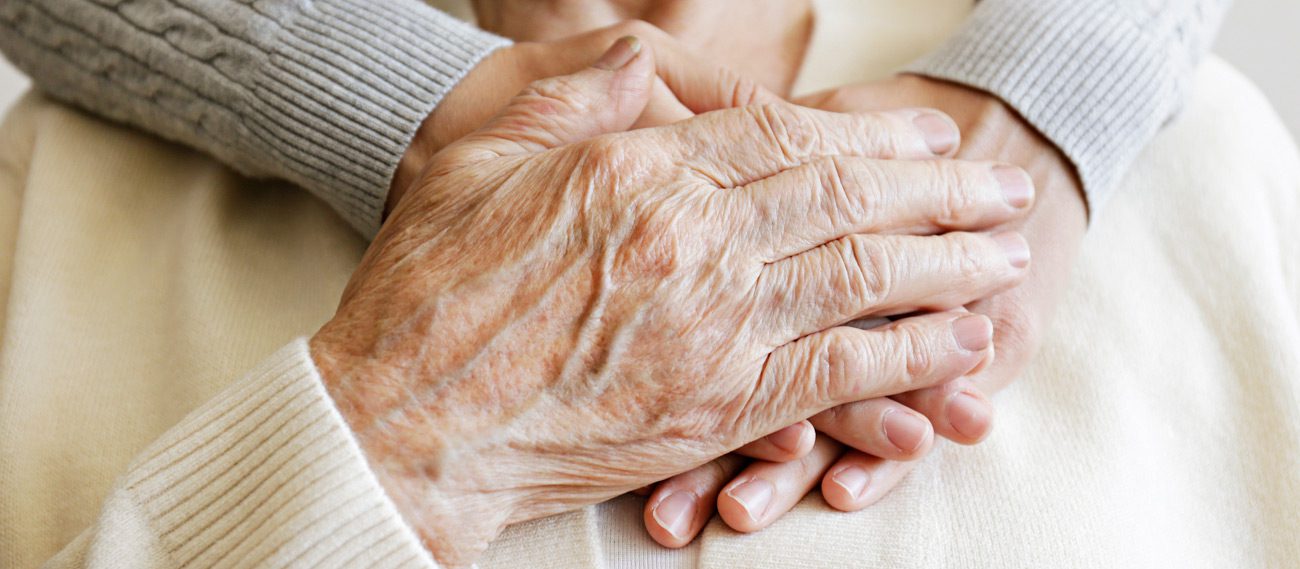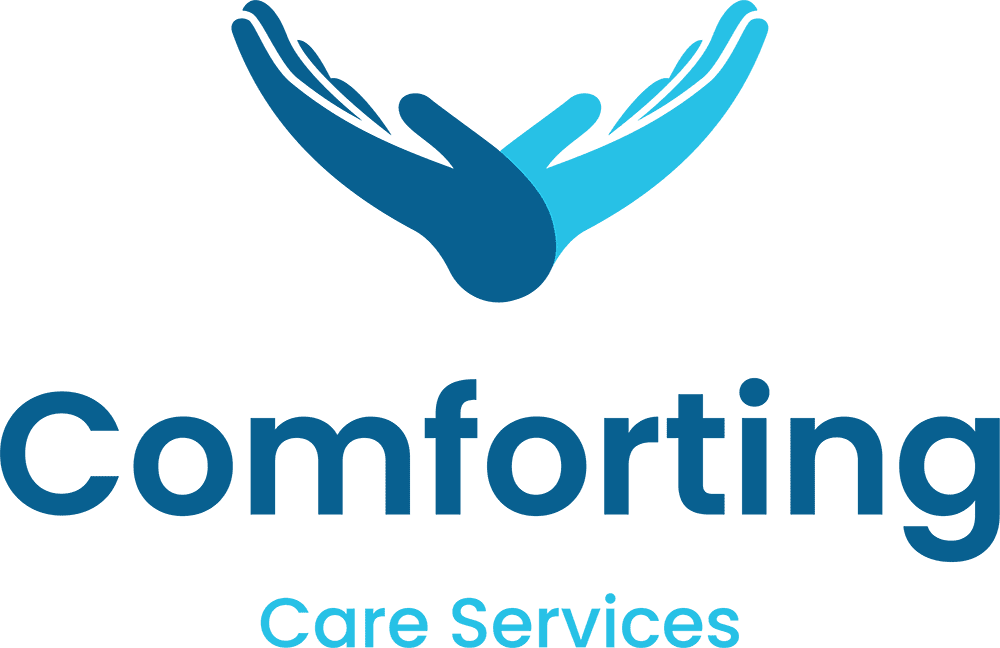

Comforting Care Services has a team of nurses offering nursing care to hospice patients. Our services are broad and all-encompassing, but designed to meet the needs of every patient diagnosed with a terminal illness and their family members.
The Role of a Hospice Nurse
A hospice nurse is the key medical professional supporting patients nearing the end of their life. Nurses ensure doctor’s orders are carried out and patients are as comfortable as possible. Our hospice nurses are more than just caregivers. They are a calm and dependable presence in the lives of our patients, providing direct care, emotional and spiritual support, and collaborating with the care team to ensure the highest quality of care is provided.
Direct Care: Our hospice nurses are trained to manage wound care, monitor vital signs, and oversee medication management and symptom management to ensure that our patients are comfortable and pain-free.

Emotional and Spiritual Support: We understand that the end-of-life journey can be a time of fear and uncertainty. Our hospice nurses provide critical emotional and spiritual support to our patients, creating a sense of social connection and belonging. They are there to listen, comfort, and offer guidance during this difficult time.
Our nurses work closely with our hospice chaplain to ensure that the spiritual and emotional needs of our patients are met. Religious and spiritual comfort can be a tremendous help to many patients. Our nurses understand that every patient’s journey is unique, and they tailor their support to meet the individual needs of each patient and their caregivers.
Care Team Collaboration: Our hospice nurses collaborate with the patient’s hospice team to ensure that the highest quality of care is provided. They track and document changes in the patient’s symptoms and share their recommendations for improving care with the care team. Our interdisciplinary meetings ensure that the patient receives the best possible care, and that treatment is in line with the patient’s end-of-life care wishes.
Nurses & Patient Families
Hospice nurses are a valuable resource for patients and their families, providing education, support, and respite care.
Education: Hospice nurses play a critical role in educating family caregivers about how to care for their loved ones. This includes teaching caregivers how to administer medication and assist with daily living activities. As the patient’s condition changes, hospice nurses also help caregivers adjust their care to meet the patient’s needs.
Support: Caring for a loved one can be emotionally and physically exhausting. Hospice nurses provide ongoing support to caregivers, offering a compassionate ear and practical advice to help them cope. This support is especially important as the patient’s needs increase, and caregivers may experience burnout.
Respite Care: Hospice nurses also offer respite care, giving caregivers the opportunity to take a break from their caregiving responsibilities. During this time, hospice nurses can provide care to the patient, giving the caregiver the chance to rest, recharge, or attend to personal needs.
Home Health Aides
A hospice home health aide (HHA) is a valuable member of the hospice care team, providing patients with an additional level of care and attention. Their specialized training and expertise allow them to assist patients with daily living activities and monitor their condition under the direction of a nurse. Some of the specific ways that a home health aide can assist hospice patients include:
- Helping with daily living activities that the patient may no longer be able to manage independently, such as bathing, dressing, and grooming
- Monitoring the patient’s physical and mental condition for any changes, and reporting any concerns to the nurse
- Assisting the patient with moving around the house, such as from the bedroom to the bathroom, to help prevent falls or accidents
- Taking vital signs like respiration, pulse, and blood pressure to help the nurse track changes in the patient’s health
- Administering some medications under the direction of the nurse
- Operating medical equipment, such as a ventilator, to help manage the patient’s symptoms
- Responding quickly and effectively in the event of an emergency, such as a stroke, heart attack, or accident
